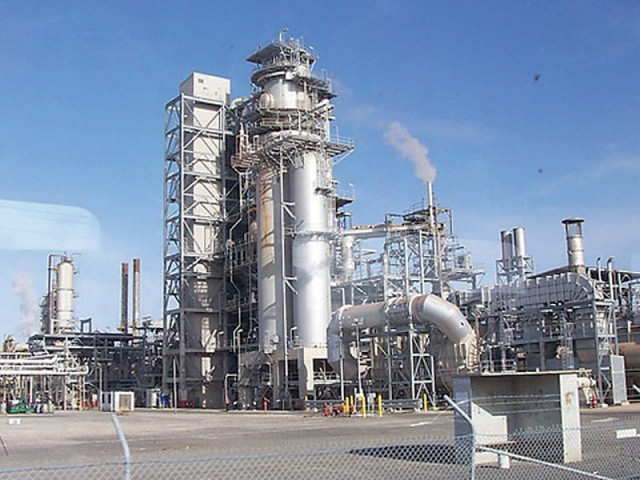Attock Refinery delays upgrade on tax issues
Refineries raise sales tax reclassification with SIFC

Attock Refinery Limited (ATRL) has delayed its high-investment project to upgrade its refinery, aiming to boost production of premium products like petrol and diesel from crude while reducing outdated furnace oil output. The project timeline is now contingent on resolving tax adjustment issues related to crude purchases and refined product sales.
After a corporate briefing by refinery officials on Friday, Topline Securities Senior Analyst Sunny Kumar noted in a commentary, "Regarding the Refinery Policy, management highlighted a delay in the execution of [upgradation] agreements due to a sales tax issue."
Refinery officials explained that before the FY25 budget, petroleum products such as petrol, high-speed diesel, low-speed diesel, and kerosene were zero-rated. However, the budget has reclassified them as exempt, blocking refineries from claiming input sales tax adjustments.
"This upgrade project will boost PMG (premium motor gasoline/petrol) production by 25% and ensure compliance with Euro-V specifications," Kumar said, citing refinery management.
The refinery sector has raised this issue with the Special Investment Facility Council (SIFC), which has set a November 12, 2024, deadline for the petroleum industry to resolve it. "Management is confident the sales tax issue will be resolved and that they will sign the agreement."
The project cost is expected to be lower than originally projected, as the feasibility study was conducted at an 18% interest rate, which has since dropped to 15%. Financing will be 30% equity and 70% debt. The company reported cash and cash equivalents of Rs80 billion as of September 2024, and management indicated there are no restrictions on dividend announcements.
"As for rumours about the potential sale of ATRL, management declined to comment," the analyst reported.
Gross refining margins (GRMs) for the first quarter of FY25 are at $9 per barrel, down from $14 per barrel in FY24 and $18 per barrel in FY23. "Historically, GRMs have ranged from $18 per barrel to as low as $1 per barrel, and have even been negative at times," Kumar noted.
The Economic Coordination Committee of the Cabinet (ECC) has approved the diversion and allocation of 50,000 barrels per day of Southern Crude, with the additional cost to be added into the Inland Freight Equalisation Margin (IFEM).
In FY24, ATRL exported 80,000 tonnes of furnace oil and has set a target to export around 100,000 tonnes in FY25, generating foreign exchange to support the cost of the refinery upgrade.
ATRL is currently the only company capable of managing heavy crude oil, and furnace oil represents 15-17% of its total production volume.
ATRL supports the deregulation of petroleum prices, provided that local refinery volumes are prioritised over imports. In a deregulated market, there would be no IFEM, which would benefit ATRL given its strategic location.
Pakistan Refinery Limited (PRL) reported last month that the government has barred oil refineries from offsetting input tax paid on crude oil purchases with sales tax on refined petroleum products, under the Finance Act 2024. This change has raised refining costs, impacting ongoing operations and making it harder to finance refinery upgrade projects.
This amendment has negatively affected current refinery operations and will increase upgrade project costs, posing challenges for securing much-needed funding.
Along with other oil industry members, the company is actively engaging the government, especially the Federal Board of Revenue (FBR), to resolve the issue and have petroleum product sales recognised as taxable supplies.
Recent updates indicate that PRL, together with other refineries, has approached the SIFC. The council instructed the Petroleum Division to resolve the issue by November 12, 2024.



















COMMENTS
Comments are moderated and generally will be posted if they are on-topic and not abusive.
For more information, please see our Comments FAQ